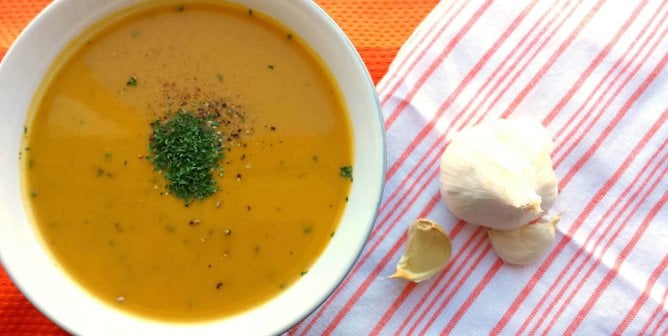 One of my best friends is a breast cancer survivor who went vegan after her mastectomy 17 years ago. So you can imagine how happy I was to read about all the research showing that soy is not only safe for women who’ve had breast cancer but also beneficial to them. As Dr. Neal Barnard, the president of the Physicians Committee for Responsible Medicine, points out, women who eat soy—especially early in life—are 30 percent less likely to develop breast cancer compared with women who eat few or no soy products. For women who’ve already been diagnosed with breast cancer, eating soy may actually help reduce the risk of a recurrence.
One of my best friends is a breast cancer survivor who went vegan after her mastectomy 17 years ago. So you can imagine how happy I was to read about all the research showing that soy is not only safe for women who’ve had breast cancer but also beneficial to them. As Dr. Neal Barnard, the president of the Physicians Committee for Responsible Medicine, points out, women who eat soy—especially early in life—are 30 percent less likely to develop breast cancer compared with women who eat few or no soy products. For women who’ve already been diagnosed with breast cancer, eating soy may actually help reduce the risk of a recurrence.
It’s no big surprise, really. Soy is known to be a healthy food. It has cardiovascular benefits, helps prevent prostate and colon cancers, lessens hot flashes in menopausal women, and protects against osteoporosis. The antioxidants in soy may even benefit asthma sufferers.
I’m convinced that soy is nutritious and valuable, not to mention delicious and versatile. It can be found in everything from veggie burgers and veggie dogs to soy milk and soy ice cream—so there’s no need to go overboard and start drinking soy-infused water or brushing your teeth with soy paste or anything like that.
The healthiest forms of soy are edamame, tofu, tempeh, and other whole (nonprocessed) foods. Of course, a balanced vegan diet should also include plenty of fruits, veggies, whole grains, and other plant-based foods. Check out our vegan recipes.
You know, I’ve noticed that the people who usually tell me that they’re concerned about soy are the ones who frequently kick back Big Macs, chicken sandwiches, cheese pizza, sodas, and other unhealthy, energy-sapping, artery-clogging, or cancer-inducing foods. It’s as if they’re looking for an excuse not to eat better. They won’t find it here!
Text VEG to 73822 to get the latest vegan lifestyle tips, recipes, and urgent action alerts texted right to your phone.
Terms for automated texts/calls from PETA: https://peta.vg/txt. Text STOP to end, HELP for more info. Msg/data rates may apply. U.S. only.







